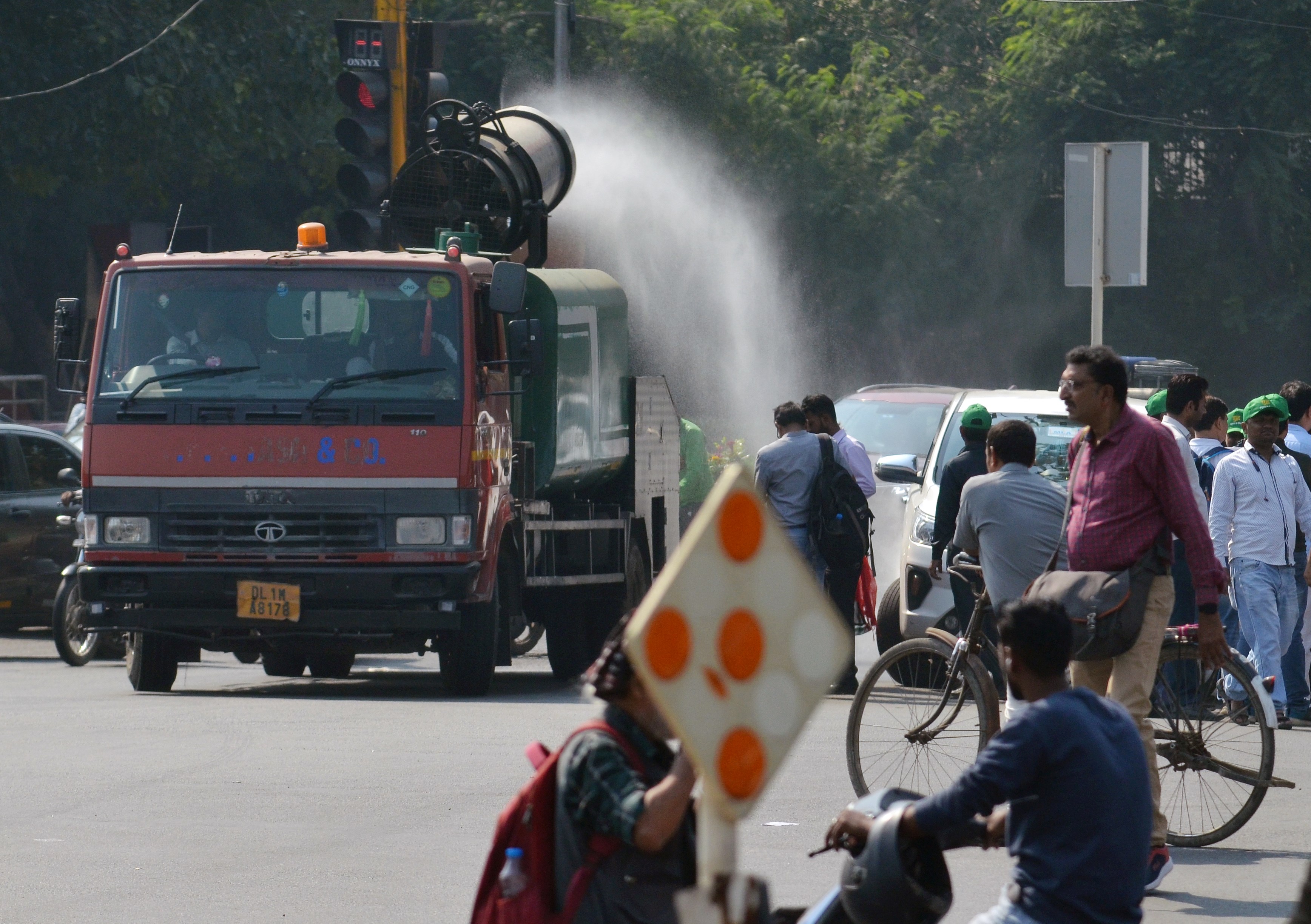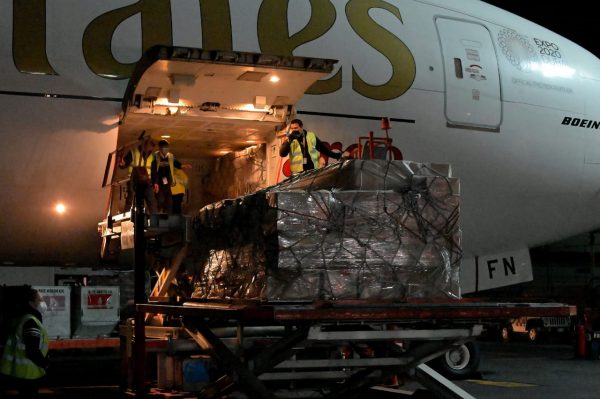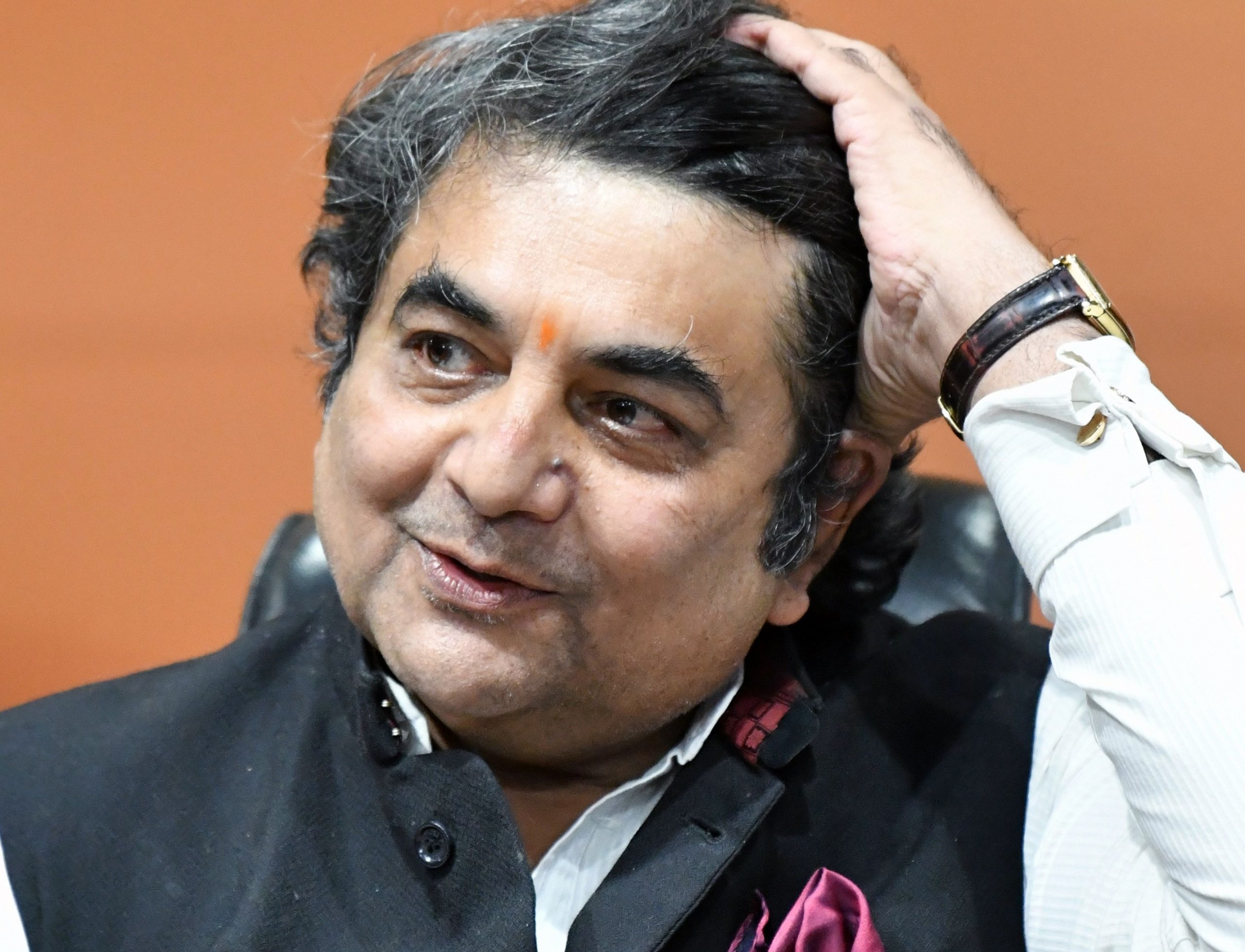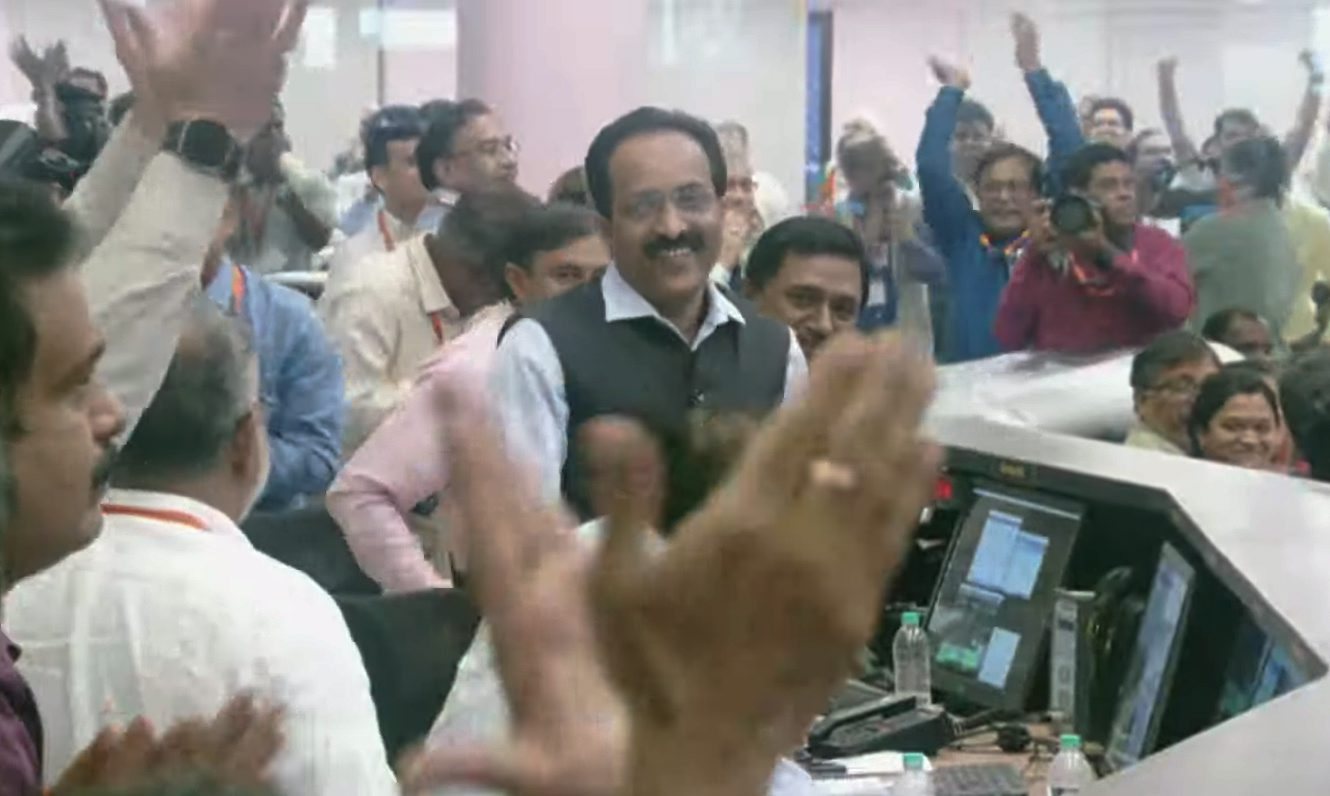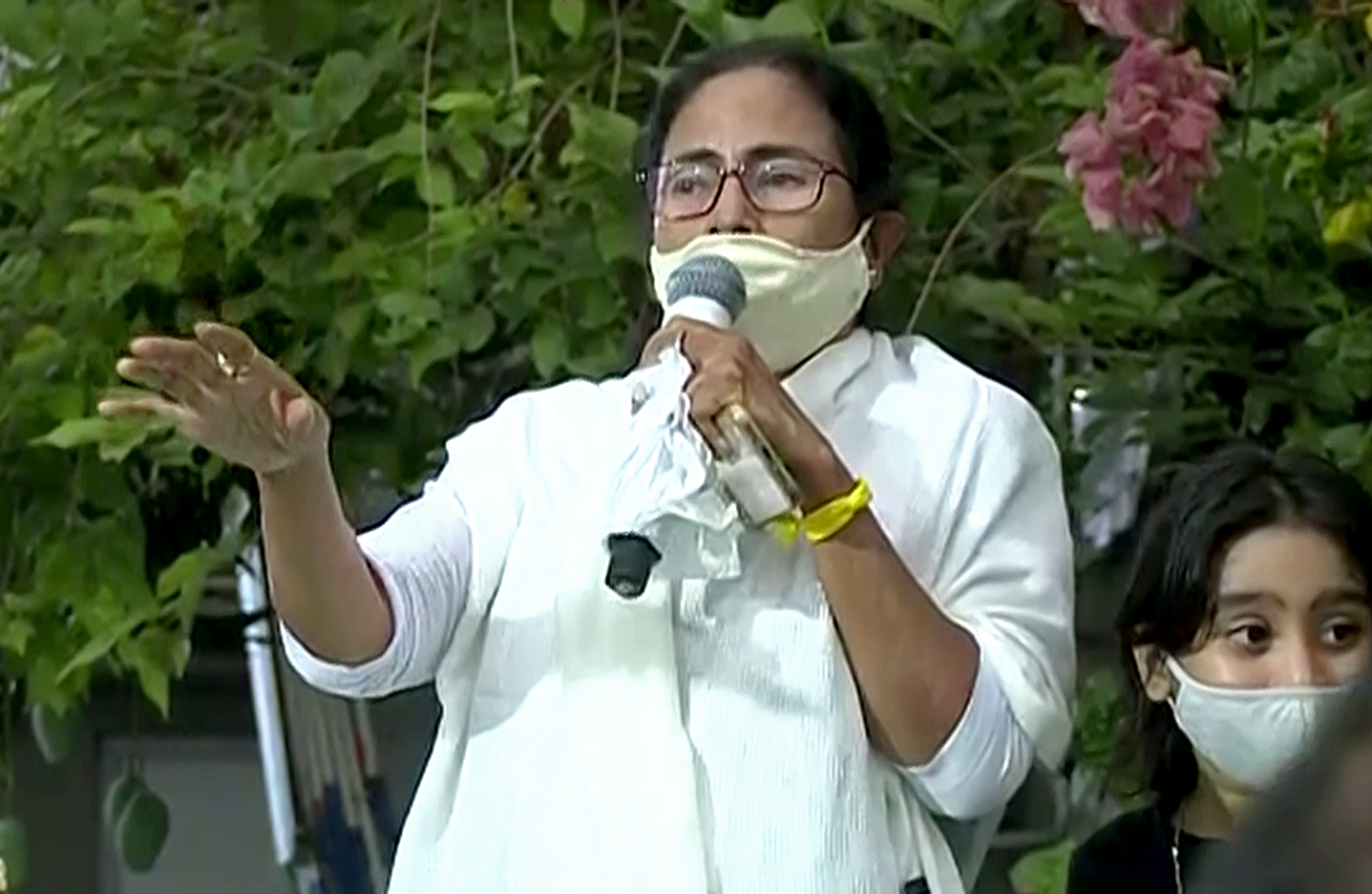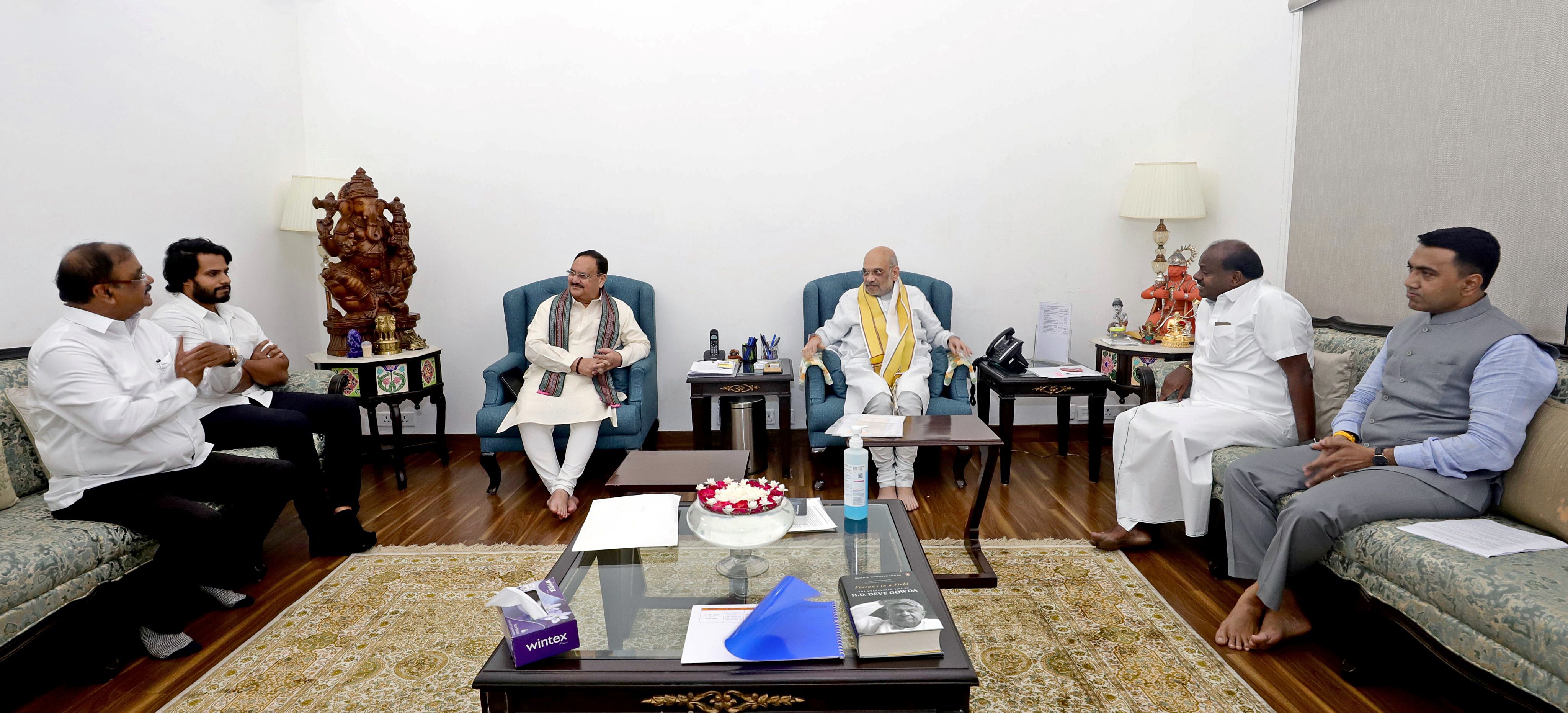A study on the relationship between rising pollution and emergency cases coming to hospitals shows that deteriorating air quality has a severe impact on human lungs and overall health
Our Bureau
New Delhi
It is that time of the year again when Delhi finds it hard to breathe.
With the arrival of winter, the national capital is once again witnessing a deteriorating quality of air. On Thursday, the city’s Air Quality Index (AQI) was at 343, which falls in ‘very poor’ quality for the fifth consecutive day, triggering the risk of health emergency. Since then, the air quality has continued to go to rack and ruin in Delhi. The AQI was recorded at 322 on Monday and 327 on Tuesday against 336 on Wednesday, as per the data provided by the System of Air Quality and Weather Forecasting and Research (SAFAR)-India.
Amid the rising pollution and deteriorating air quality, the next 15 days are going to be crucial said Delhi Environment Minister Gopal Rai on Thursday. Rai said, “When compared to the earlier times, the situation has definitely gone better. However, according to the experts, the next 15 days will be crucial. The government is working on how to cut the sources that cause pollution”.
Rai also called for cooperation between the Central government and the state government. “We need to work unitedly in order to curb the situation. Everyone needs to be aware of it”, he said.
Meanwhile, the commuters are facing health issues while there is no sign of amelioration. “There is so much pollution here in Delhi. We are finding it difficult to breathe. We are facing irritation in the eyes too. People are flocking to doctors with respiratory problems or eye issues including many others. The Delhi government should extend its effort to curb the pollution”, said Sanjay Verma, a commuter, while speaking to ANI.
Visuals from Anand Vihar Terminal showed the place covered in a thick layer of smog. Earlier on Tuesday, the environment ministry said in a statement that the daily average air quality in Delhi, for the 10-month period between January – October 2023, has registered its best index as compared to the corresponding period during the last 6 years (barring the COVID affected 2020), thus establishing a continual trend of relative improvement in the air quality of Delhi-NCR.
AQI levels are greatly impacted by the levels of rainfall/ precipitation and wind speed which are prime facilitators for dispersal of the pollutants/emissions. Effective dispersal is a must for good air quality, even if there is a control/reduction in the quantum of emissions from all the primary sources in the region, added the statement.
In the wake of highly unfavourable meteorological and climatic conditions prevailing around this point of time, measures under GRAP Stage-II were invoked proactively on 21.10.2023 so as to intensify the preventive measures towards endeavouring delayed invoking of Stage-III of the GRAP as much as possible. GRAP Stage-III in previous years was invoked in the last week of October which has not been the case during 2023, said the statement.
The Commission once again urges the stakeholders to effectively implement all directions and guidelines related to the abatement of air pollution, particularly under the schedule of the GRAP and the citizens to follow the Citizen Charter in our joint pursuit for better air quality.
Meanwhile, a study conducted by the top four hospitals on the relationship between rising pollution and emergency cases coming to hospitals showed that deteriorating air quality has a severe impact on human lungs and overall health. The study that was conducted between 2017 and 2019 included the All India Institute of Medical Sciences (AIIMS), Delhi; Kalavati Saran Children’s Hospital; Vallabhbhai Chest Institute; and the National Institute of TB and Respiratory Diseases Hospital.
To carry out this study, the hospitals daily monitored the health of the patients coming to the emergency wards. Also, data on outstation patients were collected, including those living in Delhi for three to four weeks.
According to Dr SK Kabra, who is the HOD of the Paediatric Department of AIIMS Hospital, the number of emergency patients in these hospitals records a spike when the pollution in the city increases. Dr. Kabra, citing the same study, said that the rising pollution in the city causes adverse effects on the health of children and adults, sometimes even leading them to admission to the hospital.
“The need to go to the emergency room arises when the condition of a patient is very serious,” said Kabra.
During this study invited by ICMR, it was also observed that the patients who came to emergency hospitals with problems caused by pollution did not include those who were already suffering from any serious disease; rather, they included those not suffering from any serious diseases.
















